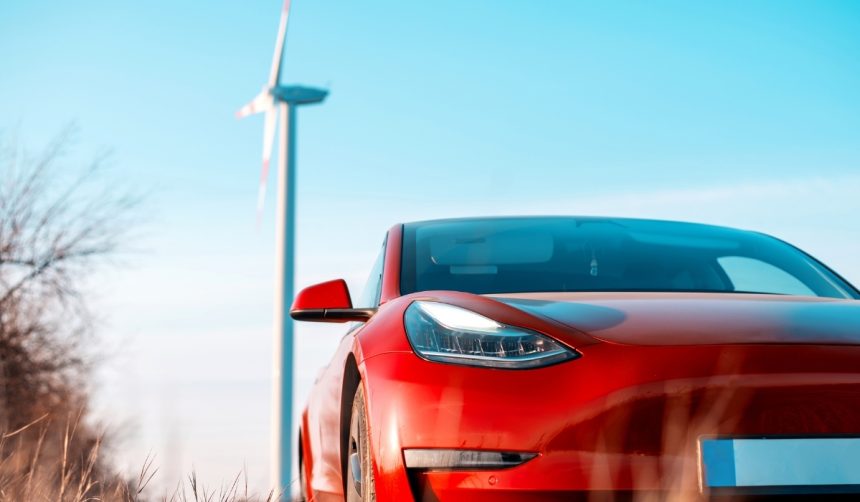Panasonic is under significant pressure from Tesla to accelerate electric vehicle (EV) battery cell production at its Kansas facility, amid growing demand for EVs in the United States. This development represents a strategic shift by Tesla to enhance its domestic supply chain resilience during ongoing trade uncertainties. Panasonic’s Kansas plant, under construction since 2022, is a key component in addressing Tesla’s demand for increased U.S.-based battery production capacity.
In the past, Tesla has heavily relied on Panasonic for battery production, as demonstrated by their collaboration at the Nevada Gigafactory. There, the two companies pushed boundaries to meet the increasing global demand for electric cars. The decision to expand production to Kansas highlights a broader strategy to establish more localized supply chains, reducing exposure to international trade tensions. Tesla’s focus on securing domestic production capabilities has become increasingly pronounced after facing various supply chain disruptions.
Why Does Tesla Pressure Panasonic?
The escalating demand for electric vehicles in the U.S. drives Tesla to lean on Panasonic for faster battery production. The De Soto, Kansas plant is set to increase Panasonic’s U.S. production capacity by 60% by March 2027, addressing the need for accelerated timelines. In a recent interview, Panasonic CEO Yuki Kusumi disclosed that Tesla’s demands have been pressing, with expected robust battery demand signaling the urgency to expedite operations.
Is Tesla’s Strategy Effective?
Tesla’s strategy to optimize its domestic battery supply chain has shown promise. The recent U.S.-China trade truce, though not affecting battery tariffs, underscores the significance of domestic production. Tesla is concurrently pursuing its 4680 battery program and upstream supply chain localization. According to Tesla VP of Supply Chain Karn Buhiraj, these efforts are beginning to yield results, indicating reduced constraints on battery cell supply for their vehicles.
How Will Trade Dynamics Influence Future Production?
The ongoing trade dynamics pose various challenges, with tariffs particularly impactful on EV components. Although Tesla anticipates these complexities, the company’s strategies—boosting domestic battery production and reducing foreign dependencies—are devised to mitigate such impacts. This allows Tesla and Panasonic to cater to heightened EV demand while deftly navigating tariff-related difficulties.
The increasing collaboration between Tesla and Panasonic on U.S. soil not only aims to satisfy local EV demand but also positions them better amidst trade challenges. This partnership emphasizes the necessity of building robust local supply chains within the dynamic trade environment. For consumers, this could translate into more readily available and potentially more affordable electric vehicles in the future.
- Panasonic is accelerating battery production at Tesla’s request.
- To meet demand, Panasonic’s Kansas plant boosts production capacity significantly.
- Tesla’s domestic strategy reduces trade-related supply vulnerabilities.










